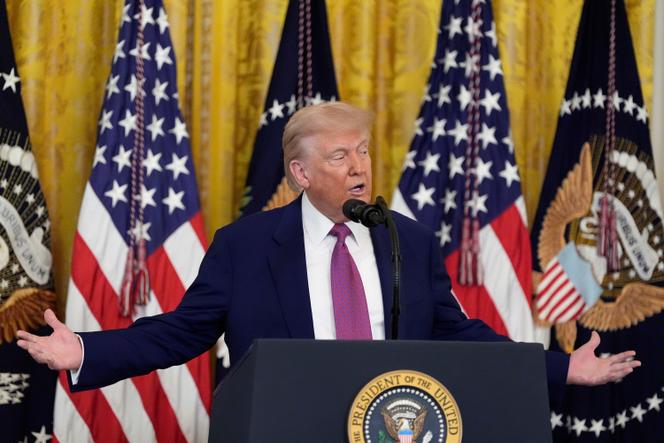


Donald Trump had promised to end the war in Ukraine, yet fighting continued. The disaster in Gaza persisted, far from the real estate magnate's fanciful dreams of turning the Palestinian territory into a Riviera. Now, the US president finds himself – contrary to his professed pacifism and rejection of military interventions – on the brink of a new Middle East war involving the US in support of Israel. The massive attack carried out by Israel against Iran has put the White House in an uncomfortable position, where it seems to be both reacting to events and initiating them. With peace elusive and confrontation seeming inevitable, Trump acknowledged the attack, calling it "successful" without openly praising it. When around 100 Iranian missiles were launched in retaliation on the evening of Friday, June 13, the US military participated in Israel's defense, just as it had twice during President Joe Biden's term in 2024.
For Trump, the priority remains the safety of American civilian and military personnel deployed in the Middle East, a potential target for Iran. Israel, for its part, tried to involve Washington, stressing prior intelligence exchange. "It seems Trump had prior knowledge of the Israeli strikes, and that he gave a signal somewhere between green and yellow," said Dan Shapiro, former ambassador to Israel and now an expert at the Atlantic Council think tank. "He would have preferred more time for diplomacy, but he wasn't going to prevent Israel from acting after the 60-day window he set for Tehran, with all the evidence indicating how close they were to acquiring a bomb."
You have 75.97% of this article left to read. The rest is for subscribers only.
